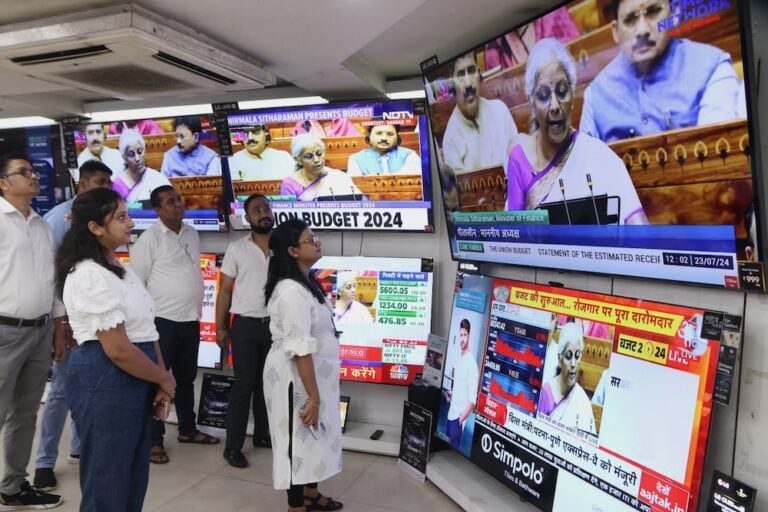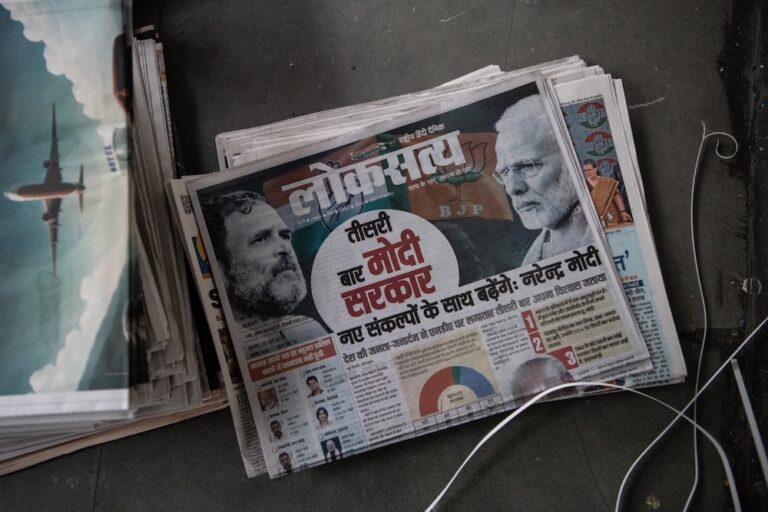Shortly before his murder, Indian journalist Tarun Kumar Acharya had published a report exposing child labour practices at a local cashew processing factory.
Police arrested two suspects on Sunday June 8, 2014 in connection with the recent murder of a local journalist in the eastern Indian state of Odisha, according to news reports. The Committee to Protect Journalists calls on authorities to conduct a thorough investigation into the murder of Tarun Kumar Acharya, confirm the motive, and bring the perpetrators to justice.
Acharya, who worked as a stringer for Kanak TV, a local Oriya-language television channel, and as a reporter for Sambad, a local Oriya-language newspaper, was found dead with his throat slit and injuries to his chest on May 28, according to reports. Assailants had stabbed Acharya the night before in a desolate area of Khallikote town in Odisha as he was on his way home from work, according to police. Initial reports citing Acharya’s editor and police suggested the murder was not related to his work, but in connection with a family dispute. In the days following Acharya’s murder, Kanak TV Editor-in-Chief Soumya Ranjan Patnaik told CPJ he was not aware of any threats made against the journalist.
But on Sunday, police arrested P. Shyam Sundar Prusty, owner of a cashew processing plant in Khallikote, who they identified as the alleged mastermind of the murder, news reports said. Police also arrested N. Ramesh Reddy, owner of a local light and sound unit, who they identified as an accomplice. Two other suspects remain at large, the reports said. It was not clear whether any of the suspects had been formally charged.
Shortly before his murder, Acharya had published a report exposing child labor practices at Prusty’s cashew processing factory, reports said. After the report was published, Prusty allegedly ordered Acharya’s murder, paid the accomplices 50,000 rupees (US$850) and provided them with three new SIM cards, the reports said, citing police. The Hindu reported that the journalist was in possession of footage showing child laborers working under hazardous conditions.
“Indian authorities must thoroughly investigate the murder of Tarun Kumar Acharya, efficiently prosecute the case, and hold those responsible to account,” said CPJ Deputy Director Robert Mahoney. “It is imperative to bring the masterminds behind this murder to justice in order to combat the culture of impunity that persists in India.”
India is ranked 13th on CPJ’s 2014 Impunity Index, which spotlights countries where journalists are regularly murdered and their killers walk free. At least six journalists have been murdered in direct relation to their work in India in the past decade, CPJ research shows. State responses have rarely gone beyond a perfunctory police investigation.


